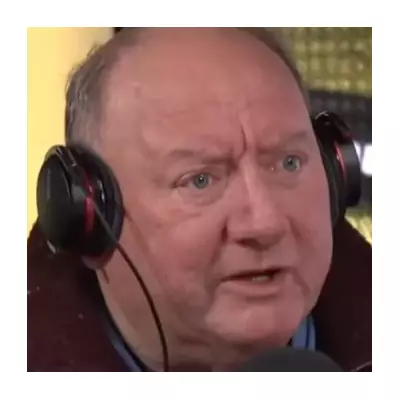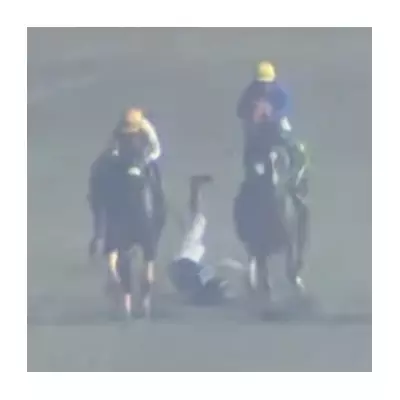
The son of British boxing icon Ricky Hatton has delivered a powerful and emotional insight into how the brutal world of professional boxing contributed to his father's devastating mental health decline following family tragedy.
Campbell Hatton, who is forging his own career in the ring, spoke with remarkable honesty about watching his legendary father struggle with depression and substance abuse in the aftermath of his mother's sudden death.
The Dark Side of Boxing Glory
"The highest of highs come with the lowest of lows," Campbell revealed, describing the emotional rollercoaster that defined his father's career. "When you're winning, there's no better feeling. But when it goes wrong, it really goes wrong."
The young fighter described how the intense pressure and public scrutiny of boxing magnified his father's grief after the family suffered unimaginable loss. "It definitely played a part in my dad's mental health declining," he stated bluntly.
A Family's Pain Behind the Headlines
Ricky Hatton's battles outside the ring have been well-documented, but his son's account provides a heartbreaking personal perspective on how boxing's demands can exacerbate personal tragedy.
"People see the glory and the championships," Campbell explained, "but they don't see what happens behind closed doors - the struggle to cope when the lights go down and you're left alone with your thoughts."
The Manchester-born fighter's candid comments have sparked important conversations about mental health support in combat sports and the need for better protection for athletes when their careers inevitably transition away from the spotlight.
Breaking the Cycle
Despite following in his father's footsteps, Campbell appears determined to learn from the past. His openness about mental health represents a significant shift in boxing culture, where vulnerability has traditionally been seen as weakness.
"We need to talk about these things," he insisted. "The fighting spirit that makes champions can also make it harder to ask for help when you need it most."
His powerful testimony serves as both a tribute to his father's struggles and a warning to the next generation of fighters about the importance of maintaining perspective and seeking support beyond the ring.





